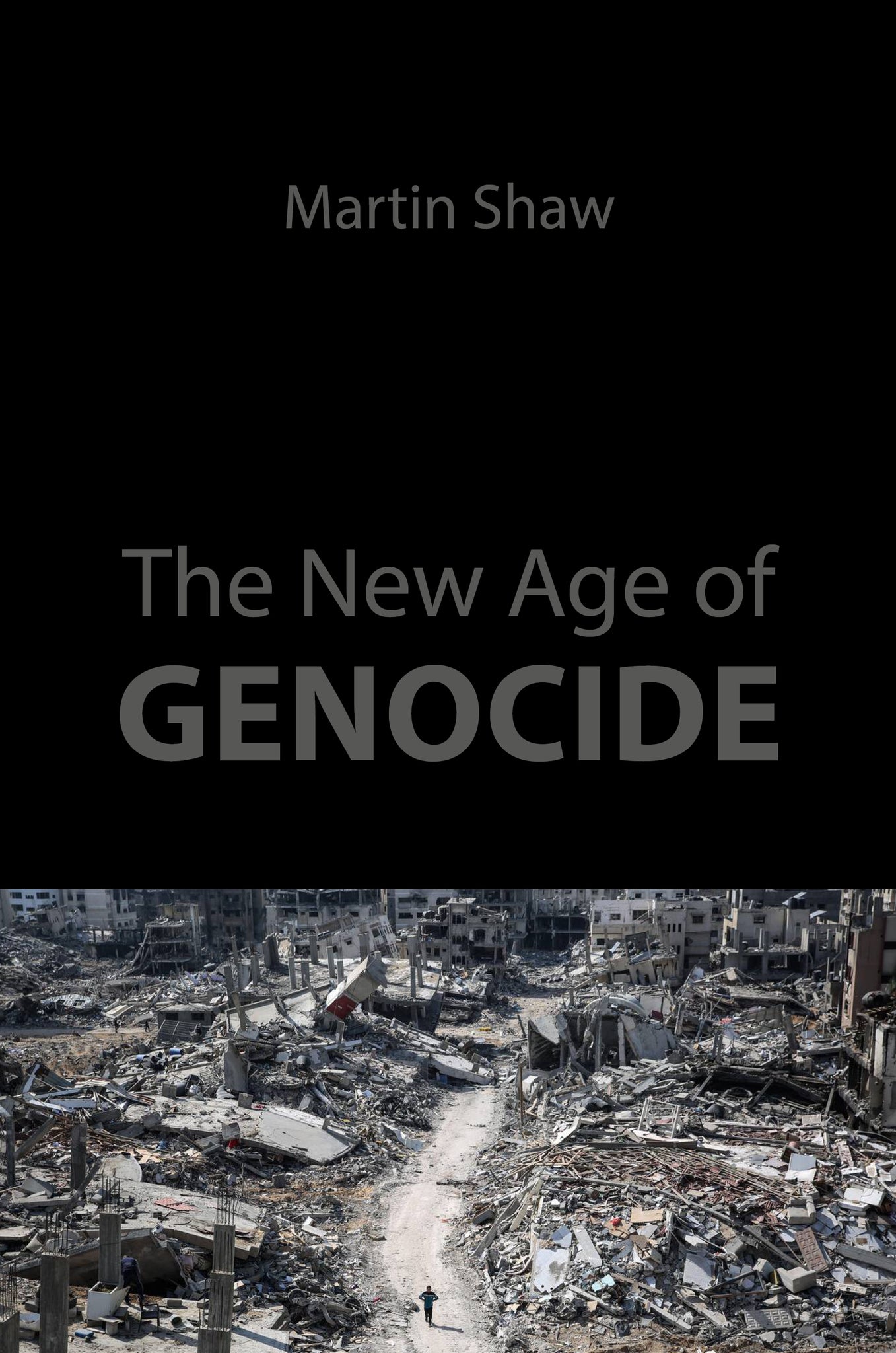We're sorry. An error has occurred
Please cancel or retry.
The New Age of Genocide

Some error occured while loading the Quick View. Please close the Quick View and try reloading the page.
Couldn't load pickup availability
- Format:
-
16 October 2025

The concept of genocide has been part of global politics and intellectual life for the past eighty years. Although the reality of genocide has never gone away since then, and is demonstrated today not only in Gaza, but in Ukraine, Ethiopia, Sudan, Myanmar and Azerbaijan, the idea has waxed and waned according to political circumstances, intellectual fashion and the pattern of actual genocidal events. Its meaning has become more unclear and contested over time.
In global politics, recognition of genocide has been largely avoided, even over Gaza the prosecutor of the International Criminal Court brought charges of war crimes and crimes against humanity, not those of genocide against Israel’s leaders in 2024. In academia it has often been substituted by other notions and has largely failed to realize its potential as a coherent framework for socio-historical understanding.
This book regards this return of genocide after Gaza as an opportunity to restore the idea to its central place in thinking about mass atrocities, to apply it to the neglected cases, and ultimately to settle the question of "What is genocide"?

HISTORY / Military / General, Genocide and ethnic cleansing, LAW / International, HISTORY / Modern / 20th Century / Holocaust, POLITICAL SCIENCE / Genocide & War Crimes, Forced assimilation or acculturation, Forced displacements, removals or population transfers, The Holocaust, International law, War crimes

1. The return of the genocide idea
PART I Twenty-First Century Genocide
2. Genocide in history and in our time
3. Dynamics of war and genocide in Ukraine
PART II Gaza and the Structure of Genocide in Palestine
4. The Gaza War-Genocide
5. The structure of genocide in Palestine
PART III Conceptual and Historical Challenges
6. In defence of the genocide idea: a critique of Dirk Moses
7. “Political groups”, class and genocide
8. Britain and genocide: structures of complicity
Conclusion: theses on genocide thought and action after Gaza



